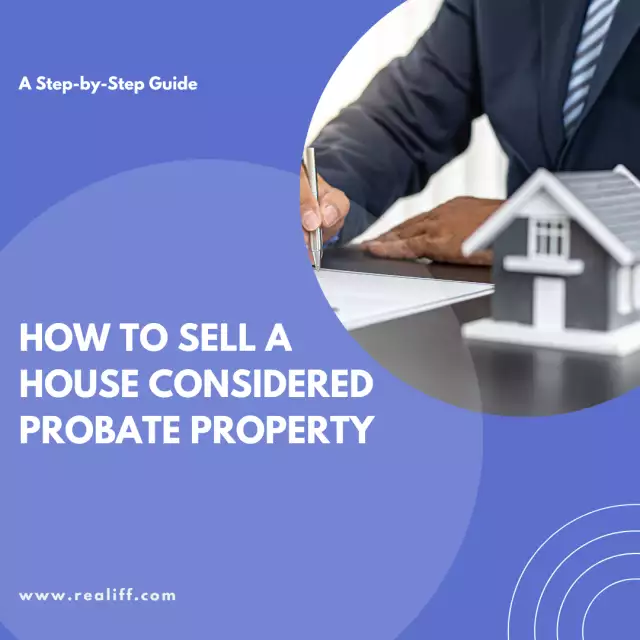Remodel Without Breaking the Bank: Expert Advice on How to Avoid Property Tax Surprises
Remodel Without Breaking the Bank: Expert Advice on How to Avoid Property Tax Surprises
Home upgrades can come with a hefty price tag, not just for the initial cost of the remodelbut also for higher property taxes. Any improvement that increases the value of your home can result in a higher assessment and a higher property tax bill. However, not all upgrades will affect your property taxes in the same way.
Building Permits and Property Taxes
Building permits are a red flag for the local taxing entity. Any time you pull a permit, they will determine if a higher assessment is necessary. On the other hand, if your job doesn't require a building permit, like new flooring, it's unlikely to increase your assessment. If no building permit was taken out, the assessor may not even be aware of the work being done in your home.
Repairs and Upgrades
Repairs and upgrades to your home that don't require a building permit, such as a new furnace, roof, or windows, will not affect your property taxes. These types of repairs and upgrades are unlikely to raise your assessment since your house already had these features before they were replaced. In the eyes of the assessor, the house is not changing.
Redoing Your Kitchen Without a Property Tax Hit
Redoing your kitchen without raising your property taxes is possible if none of the changes require a building permit. For example, resurfacing cabinets, replacing countertops, and upgrading your stove can all make your kitchen feel new, but if no building permit was taken out, your property taxes should not increase. However, if you gut your kitchen, move appliances, and install new cabinets, counters, and flooring, a building permit will be required and your assessment is likely to go up.
Expanding Your Home
Expanding your square footage, such as extending your family room into your backyard or adding another story, will result in higher property taxes. The size of the lot and the size of the structure are the two biggest factors that determine your property tax bill. Even if your square footage hasn't increased, adding a bathroom to your master bedroom or central air conditioning to your home can raise your assessment and property taxes.
Gray Areas in Property Taxes
Converting basements or attics is a gray area when it comes to property taxes. The impact on your assessment will depend on the extent of the change. For example, if you add tile flooring to an unfinished basement, your assessment shouldn't go up. However, if you add sheetrock walls and new electrical outlets, a building permit will be required and your assessment is likely to increase.
FAQ
What type of home upgrades can result in higher property taxes?
Expansions of your square footage, such as extending your family room or adding another story, will result in higher property taxes. Adding a bathroom or central air conditioning can also raise your assessment.
Do repairs and upgrades to my home affect my property taxes?
Repairs and upgrades to your home, such as a new furnace, roof, or windows, that don't require a building permit are unlikely to raise your property taxes.
Can I redo my kitchen without affecting my property taxes?
Yes, redoing your kitchen without raising your property taxes is possible if none of the changes require a building permit.
What is the impact of building permits on my property taxes?
Building permits can trigger a higher assessment and result in higher property taxes.
What factors determine my property tax bill?
The size of the lot and the size of the structure are the two biggest factors that determine your property tax bill.
Conclusion
In the U.S., any home renovation that increases the value of the home can trigger a property tax reassessment. Building permits, expanding square footage, adding extra bathrooms or central air, gutting and redoing kitchens, and converting basements or attics into living spaces are some examples of renovations that would likely result in a higher property tax bill. However, replacing or repairing things, like a new furnace, roof, or windows, will not typically raise taxes as they do not change the overall value of the home. The assessed value is determined by the local taxing entity and is based on the market value contribution of the improvements, as well as the size of the lot and the structure.


